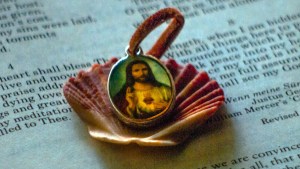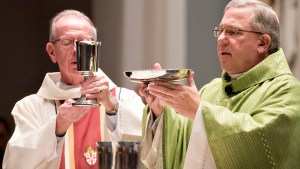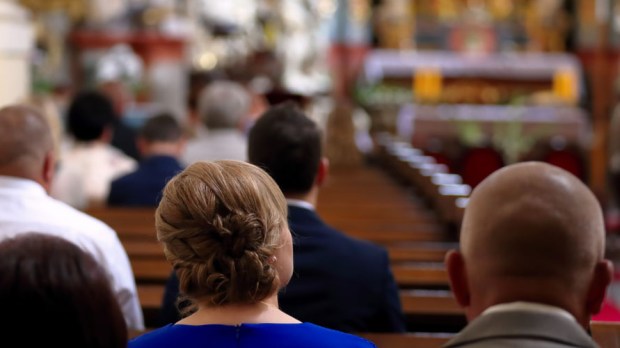Immediately following the Christmas season, the Roman Rite of the Catholic Church celebrates “Ordinary Time.” However, it can be confusing as many Catholics come to Mass on Sunday and the priest will explain how it is the “2nd Sunday in Ordinary Time“!
Wait, what happened to the “1st Sunday“? Did I miss something?
In January, the Church celebrates the feast of Epiphany on January 6 and in most places in the world this feast is transferred to the nearest Sunday.
The Baptism of the Lord is then celebrated on the next available Sunday, still within the Christmas season (in some cases the Baptism of the Lord is celebrated on the Monday after Epiphany Sunday).
The confusing part is that the liturgical season of Christmas ends on the feast of the Baptism of the Lord. This means that the next day that follows (typically Monday), is the beginning of Ordinary Time.

Read more:
Why the Baptism of the Lord is a “Christmas” feast
Since the Sunday celebration has already happened, the only possible choice is to begin the 1st “week” of Ordinary Time on a Monday (or Tuesday).
This means the first Sunday in the season of Ordinary Time is the 2nd Sunday in Ordinary Time!
Talk about confusing!
After that the rest of the year is “normal,” but it’s interesting to note that Ordinary Time is the only liturgical season in the Roman Rite to begin on a week day.

Read more:
The surprisingly deep spiritual meaning behind “Ordinary Time”

Read more:
The connection between Ordinary Time and Jesus’ unknown years

